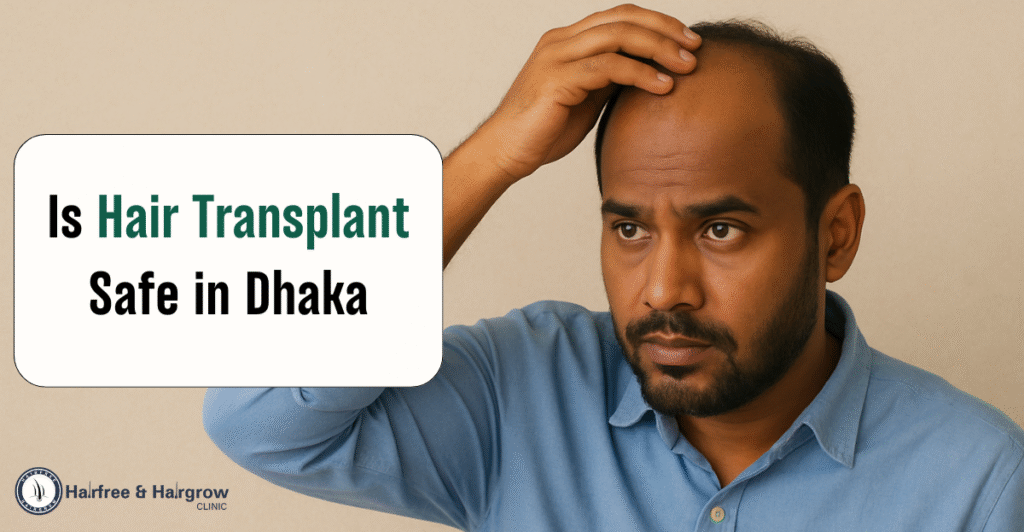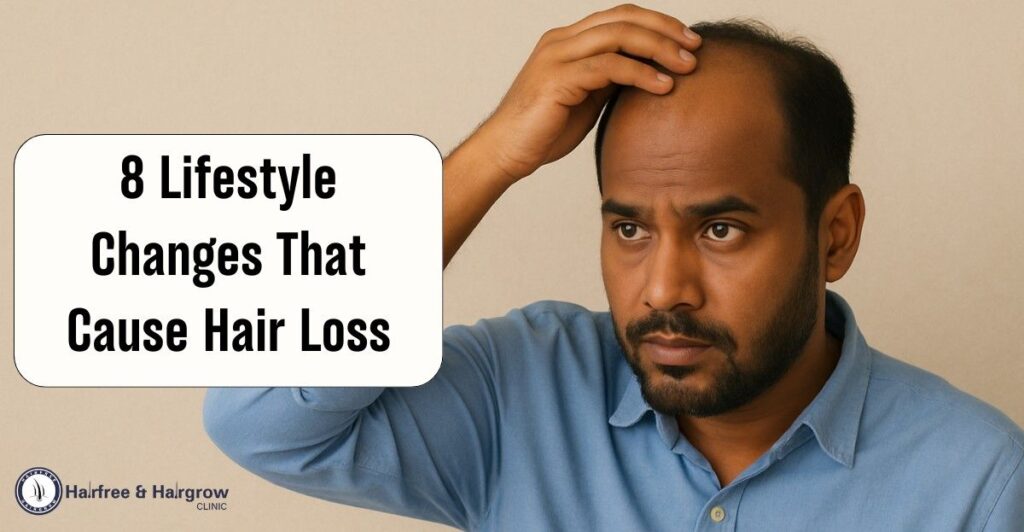Drinking alcohol after a hair transplant is generally not recommended, especially in the first few days after the procedure. Here’s a quick breakdown of why and how long you should avoid it
Table of Contents
Why You Should Avoid Alcohol After a Hair Transplant:
1. Thinning of Blood and Increased Bleeding
Alcohol is a known vasodilator and blood thinner. Post-surgery, your scalp already experiences microtrauma and bleeding. Alcohol increases bleeding risk by preventing proper clotting, which could dislodge or damage newly implanted grafts. Even a slight increase in bleeding may compromise graft survival.
2. Delayed Healing
Your body needs all available nutrients, hydration, and oxygen to heal. Alcohol consumption interferes with wound healing by:
- Dehydrating tissues
- Lowering immune response
- Reducing blood oxygen levels
- Disrupting the inflammatory response that helps healing
As a result, you may notice slower recovery, prolonged redness or swelling, and even scabbing issues.
3. Increased Risk of Infection
After a transplant, both donor and recipient areas are vulnerable. Alcohol suppresses the immune system and increases the risk of infection, especially if the scalp is not healing optimally.
4. Interaction With Medications
Post-transplant, doctors usually prescribe antibiotics, pain relievers, and anti-inflammatory drugs. Alcohol can interact negatively with these medications, leading to:
- Nausea or vomiting
- Stomach bleeding (especially with NSAIDs)
- Reduced efficacy of antibiotics
- Liver stress or toxicity
This is one of the main medical reasons we advise patients to avoid drinking for a specific period.

How Long Should You Avoid Alcohol After Hair Transplant?
Minimum Recommended Time: 7-10 Days
We typically recommend that patients avoid alcohol for at least 7 to 10 days after their hair transplant, which is considered the most critical healing period.
However, the longer you wait, the better. Ideally, you should wait until:
- All scabs have fallen off.
- Redness and swelling have subsided.
- You’re off all medications.
- Your doctor clears you based on your healing progress.
In some cases, abstaining for 2-4 weeks may offer better long-term outcomes, especially for patients who underwent large graft sessions or have sensitive skin.
What if I drank alcohol before the surgery?
This is another concern worth addressing.
Avoid Alcohol 3-5 Days Before Surgery
Alcohol before surgery is equally problematic. It can:
- Increase intraoperative bleeding
- Complicate anesthesia
- Slow down clot formation
- Increase swelling
We advise patients to stop drinking at least 3 to 5 days before the procedure to prepare their body for optimal healing.
Can I Have Just One Drink?
Many patients ask if a glass of wine or a single beer is acceptable. The answer depends on how far out you are from the procedure. During the first 10 days, even a small amount of alcohol can interfere with blood flow, hydration, and medications.
After that, if you’ve healed well and are off medication, occasional moderate drinking may be fine, but always check with your surgeon first.
Long-Term Considerations: Alcohol and Hair Health
Even beyond the recovery phase, heavy alcohol consumption can contribute to:
- Poor nutrition, especially vitamin B and iron deficiencies
- Hormonal imbalances (like increased estrogen in men)
- Dehydration, affecting scalp and hair quality
- Stress on the liver, which plays a role in overall health and detoxification
So, while moderate, occasional drinking may not damage your hair, chronic or excessive alcohol intake can worsen hair loss over time.
Tips for a Smooth Recovery (Without Alcohol)
- Stay hydrated (with water!).
- Follow your doctor’s medication schedule.
- Avoid smoking and junk food.
- Sleep with your head elevated for the first few nights.
- Avoid direct sun exposure and sweating.
- Attend all follow-up appointments.
Final Thoughts
Your hair transplant is an investment in your appearance, confidence, and well-being. Giving your body the best chance to heal and thrive post-procedure means avoiding things that compromise recovery, alcohol being a major one. Being patient for a few weeks can help you achieve the dense, natural-looking hair you’ve worked hard for.
When in doubt, always follow your surgeon’s personalized advice. Remember, the better you care for your new grafts today, the better your hairline will look tomorrow.
FAQ
While 10 days is a general guideline, true healing can continue under the surface for weeks. Even if your scalp looks fine, alcohol could still affect tissue regeneration. If you’re eager to resume, consult your hair transplant surgeon for a personalized go-ahead.
One drink is unlikely to ruin your entire transplant, especially if taken weeks after the procedure. However, if consumed within the first 7–10 days, even one drink can disrupt graft healing, especially if you’re on medication. Consistent or excessive drinking is where the real danger lies.

Written By
Medical Officer & Hair Transplant Surgeon
Dr. Nazmin Sultana Nipa is a distinguished hair transplant doctor in Bangladesh, known for her advanced skills in hair restoration. As a Medical Officer and Hair Transplant Surgeon, Dr. Nipa combines her extensive experience in the field with a focus on transparency and patient-centered care.
Disclaimer
We’ve made all possible efforts to ensure that the information provided here is accurate, up-to-date and complete, however, it should not be treated as a substitute for professional medical advice, diagnosis or treatment. See Detailed Disclaimers Here.




